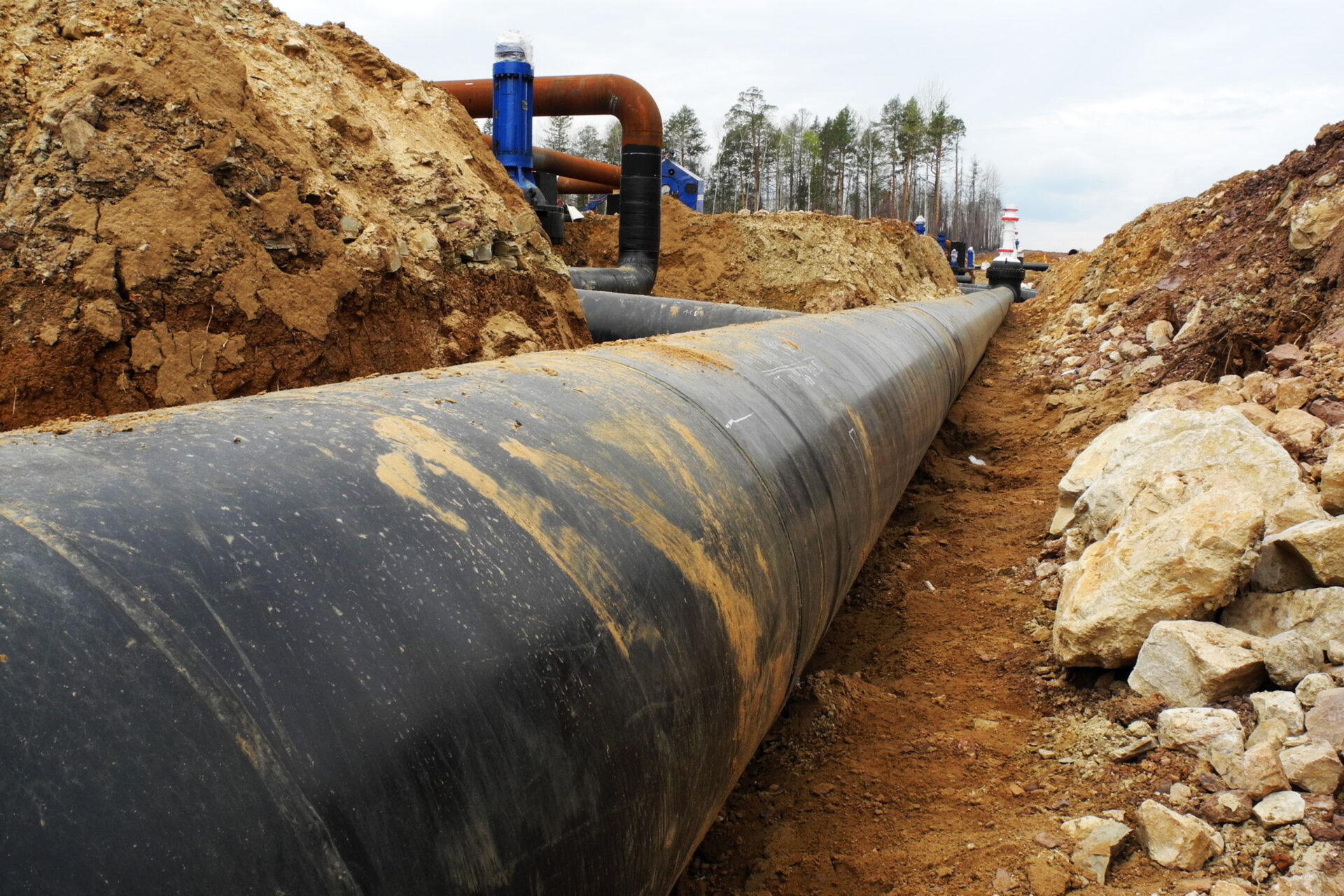CLAIM: Greenpeace claimed in a tweet that the Enbridge Line 3 Replacement project “would endanger Indigenous rights & our climate.”
RATING: False
While a section of the Enbridge Line 3 Replacement pipeline does cross the Fond du Lac Band Reservation in northern Minnesota, it does not “endanger indigenous rights” as Greenpeace suggests.
Following consultations with Enbridge, the Fond du Lac Band of Lake Superior Chippewa agreed to allow the new Line 3 crude oil pipeline to cross its reservation along the route of the existing Line 3. In a Facebook post, Devin Dupuis, Chairman of the Fond du Lac Band, praised the agreement with Enbridge, writing in part:
“We reached an agreement after very extensive work to make sure that the construction and operation of these pipelines best protects the Fond du Lac Band’s needs, rights, and interests, and the community at large.”
At no other point in Minnesota does the Line 3 Replacement pipeline cross a Native American reservation. In fact, while the existing Line 3 crosses the Leech Lake Reservation, the new Line 3 makes a substantial route deviation to avoid traversing these tribal lands where the pipeline was strongly opposed.
On climate, shipping oil by pipeline is not only safer than rail, it is also more environmentally friendly. In fact, researchers at the University of Alberta calculated that shipping oil by pipeline produces upwards of 80 percent fewer greenhouse gas emissions than rail.
The new Line 3 will be capable of transporting up to 760,000 barrels a day (bpd), nearly double the capacity of the existing Line 3. With this added capacity, the new Line 3 will eliminate the need for less efficient, more carbon-intensive train and truck alternatives.
Bottomline, our energy-driven economy depends on Canadian oil, which will move to market with or without a pipeline. The Enbridge Line 3 Replacement Project is a common-sense solution to providing safe, efficient transport for these important energy resources.

